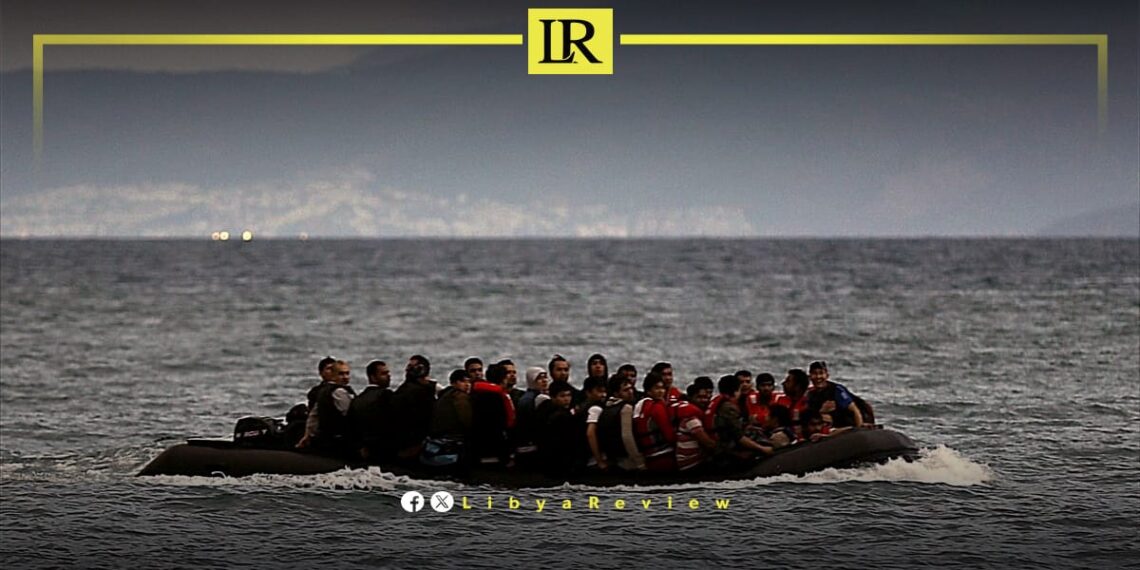Greek Migration and Asylum Minister Nikos Panagiotopoulos reported a significant rise in irregular migrant flows from Libya towards Crete in the past two to three months. Speaking on Mega Channel, he revealed that around 3,000 third-country nationals have attempted to reach Greek territory in 2024, a noticeable increase compared to 2023.
Migrant boats are reportedly departing from eastern Libya, with traffickers often requesting help from merchant vessels or the Greek coast guard near Crete. Many migrants, predominantly from Syria, Egypt, and Pakistan, aim to move further into northern Europe, particularly Germany.
Recently, a vessel carrying 55 migrants was intercepted near Gavdos island, south of Crete, as part of ongoing migrant arrivals. Over 300 migrants have reached Crete and Gavdos within the past three days. Currently, Greece is housing around 22,000 undocumented migrants in temporary shelters across the country.
Last week, the International Organization for Migration (IOM) announced that it had successfully helped more than 11,000 migrants voluntarily return to their home countries from Libya in 2024.
In a statement, the IOM added that this effort is part of the IOM’s ongoing Voluntary Humanitarian Return (VHR) program, which ensures the safe and dignified return of migrants stranded in Libya who wished to go back to their countries of origin.
The IOM’s program plays a crucial role in offering migrants a lifeline, providing not only safe repatriation but also vital reintegration support. Migrants who participate in the program receive help to rebuild their lives upon returning home, including financial and logistical assistance to support their reintegration into society.
In a recent effort, the IOM facilitated the return of 144 Bangladeshi migrants from Libya to Dhaka. These individuals will receive reintegration aid to assist them in re-establishing their lives after facing difficult conditions in Libya.
Conditions in Libya, however, have deteriorated for many, with reports of human trafficking, exploitation, and inhumane treatment in detention centers, often run by both governmental and non-governmental actors. The VHR program offers a crucial alternative for these migrants, helping them escape these harsh conditions and safely return home.


